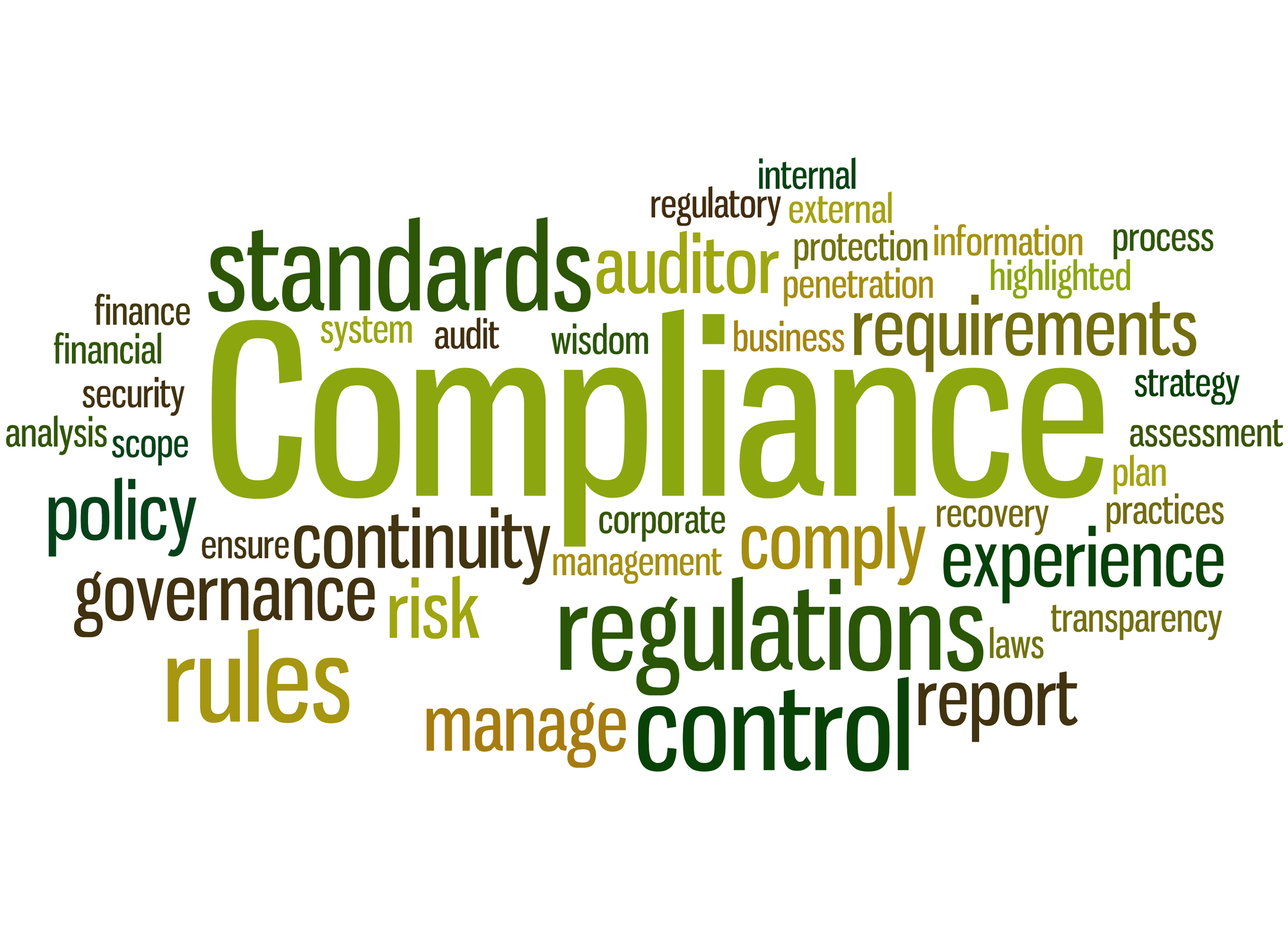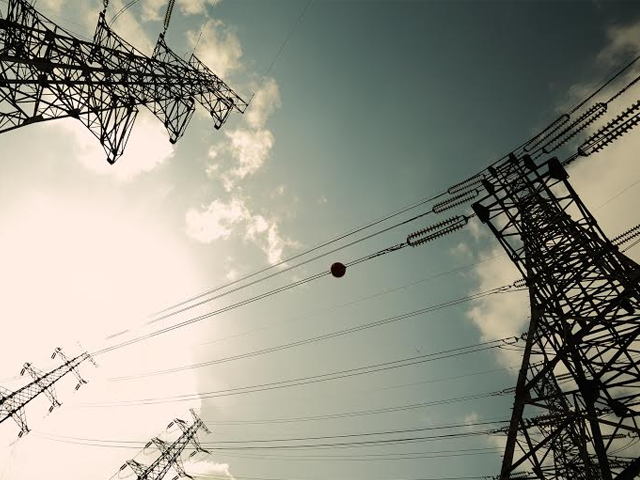Law no.211/2011 on the regime of waste (“Waste Law”) was recently amended by way of Government Emergency Ordinance no. 68/2016.
The modification was triggered by the fact that Romania did not implement the Directive 2008/98/EC on waste (“Waste Framework Directive”), thus leading the European Commission to notify Romania on December 2015 on the potential infringement of its obligations under the Treaty for the Functioning of the European Union.
Thus, Romania undertook to modify the Waste Law during 2016 and to avoid being sanctioned by the European Commission with fines and penalties that would have ultimately amounted to EUR 1,855,000.
The main amendments brought forth by Government Emergency Ordinance no. 68/2016 are:
1. END-OF-WASTE STATUS
According to this modification, certain specified waste shall cease to be considered waste within the meaning of the Waste Law when it has undergone a recovery, including recycling, operation and complies with specific criteria to be developed in accordance with the following conditions:
The criteria shall include limit values for pollutants where necessary and shall take into account any possible adverse environmental effects of the substance or object. End-of-waste specific criteria should be considered, among others, at least for aggregates, paper, glass, metal, tires and textiles.
Waste which ceases to be waste in accordance with the above rules, shall also cease to be waste for the recovery and recycling targets set out in various legislation (Law no. 249/2015 – on packaging waste, Law no. 212/2015 – on vehicles, Government Emergency Ordinance no. 5/2015 on electrical waste and Government Decision 1.132/2008 on batteries).
2. LIST OF WASTE
Waste is no longer classified and coded in accordance with Government Decision no. 856/2002 regarding the management of waste and for the approval of the list of waste, including hazardous waste. Article 7 of the Waste Law was modified and currently states that the classification and codification of waste, including hazardous waste is carried out per Waste Framework Directive, to Decision 2000/532/EC and Decision 2014/955/EU.
3. RESPONSIBILITY FOR WASTE MANAGEMENT
Article 14 now states that all waste is collected separately, as opposed to the previous version where the obligation existed only in relation to four (4) categories: paper, metal, plastic and glass. Paragraph 2 emphasized that operators that collect or transport waste must ensure separate collection and should not mix waste which was collected separately during transport.
4. RE-USE AND RECYCLING
In order to comply with the objectives of the Waste Directive, producers and local public authorities shall take the necessary measures designed to achieve the following targets:
5. FINES
Operators that have an obligation to register with the National Environemntal Protection Agency and do not comply with this requirement are sanctioned with a fine ranging from RON 1,000 (EUR 220) to RON 2,000 (EUR 440) for individuals and RON 20,000 (EUR 4,440) to RON 40,000 (EUR 8,880) for legal entities.
The Waste Law refers to operators that are not subject to permit requirements, in which case the National Envirormental Protection Agency shall ensure that the competent authority keeps a register of: (i) establishments or undertakings which collect or transport waste on a professional basis; (ii) dealers or brokers; and (iii) establishments or undertakings which are subject to exemptions from the permit requirements pursuant to Article 24.
Where possible, existing records held by the competent authority shall be used to obtain the relevant information for this registration process in order to reduce the administrative burden.
Publishing date: 15.12.2016




















Contact us today for a free consultation to discuss your case in detail or just to send us your questions about any of our pratice areas!